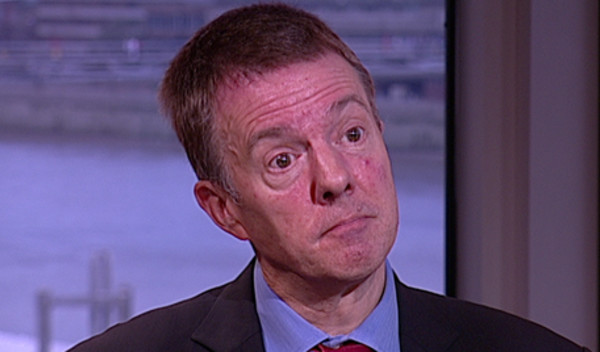

In Mark Neale’s blog, published this morning (3 June), he recollected a recent conversation with an IFA following the levy announcement in which the “angry adviser” pointed out he was not authorised to advise on long-term insurance products like pensions, but was still having to contribute to clearing up after failed firms which had given bad advice about pension saving.
“Other comment was more restrained, but reflected the same frustration that businesses with low risk business models were, as they saw it, bailing out much riskier firms; the ‘blameless’ were picking up the bill for the blameworthy. I understand this frustration and it concerns me.”
Mr Neale stated that if advisers think the principle of risk-based levies is right, they should help the regulators and FSCS to identify fair ways of capturing risk in the allocation of levies, adding they won’t escape levypayers’ anger unless there is a broader industry consensus.
In April, the compensation scheme announced a increase in the final levy for the coming financial year, including a 300 per cent increase for pension intermediaries due to a continuing surge in self-invested pension claims.
Speaking to FTAdviser last month, Mr Neale said the current 36-month funding model was working “reasonably well”, arguing while pension advisers have been hit with additional levies, investment specialists have avoided them.
The model is still based on pre-funding levies from sub-classes, but is modelled over three years to avoid the need for interim levies. This didn’t stop the FSCS making such a levy - worth £20m - in March, relating to “bad advice” given on Sipps.
In today’s statement, Mr Neale reiterated the FSCS’s consumer protection role, but added he appreciates that industry support is put at risk if there is a perception that funding arrangements are unfair.
He continued that his objective is to work with regulators to maximise on securing wide acceptance that, however unwelcome the costs of compensation, those costs are at least fairly distributed across the industry.
“This is by no means straightforward. This is, after all, a zero sum game. Any changes to FSCS funding will simply re-distribute costs, not reduce them. There will be losers as well as gainers from any change; that is a hard fact.”
Mr Neale suggested that in principle, the answer may lie in ensuring that the FSCS levy takes account of risk so that firms share of the levy reflects the risks they pose to the compensation scheme.
At the moment, the levy base simply reflects firms’ shares of the relevant business - for example, shares of protected deposits in the case of banks, building societies and credit unions. He noted that the risk sharing approach is one which the European Union Deposit Guarantee Scheme Directive now mandates for deposits, while the European Banking Authority is consulting on how to put such an approach into practice.
“To my mind, applying this approach more widely to the FSCS levy depends on two things if firms are to accept it as fair. First, we would need to find measures of risk which are objective and transparent. Second, those measures will have genuinely to correlate with the risk of firms failing, with claims against them which then fall to FSCS.”
Mr Neale concluded by saying that firms and their trade bodies can play an important part, as the next funding review is about to get under way.
“So if you think the current arrangements are unfair, please tell us what would be fairer. It is right that we have a debate about the impact of FSCS funding on the industry while continuing to provide vital protection to consumers.”
peter.walker@ft.com



